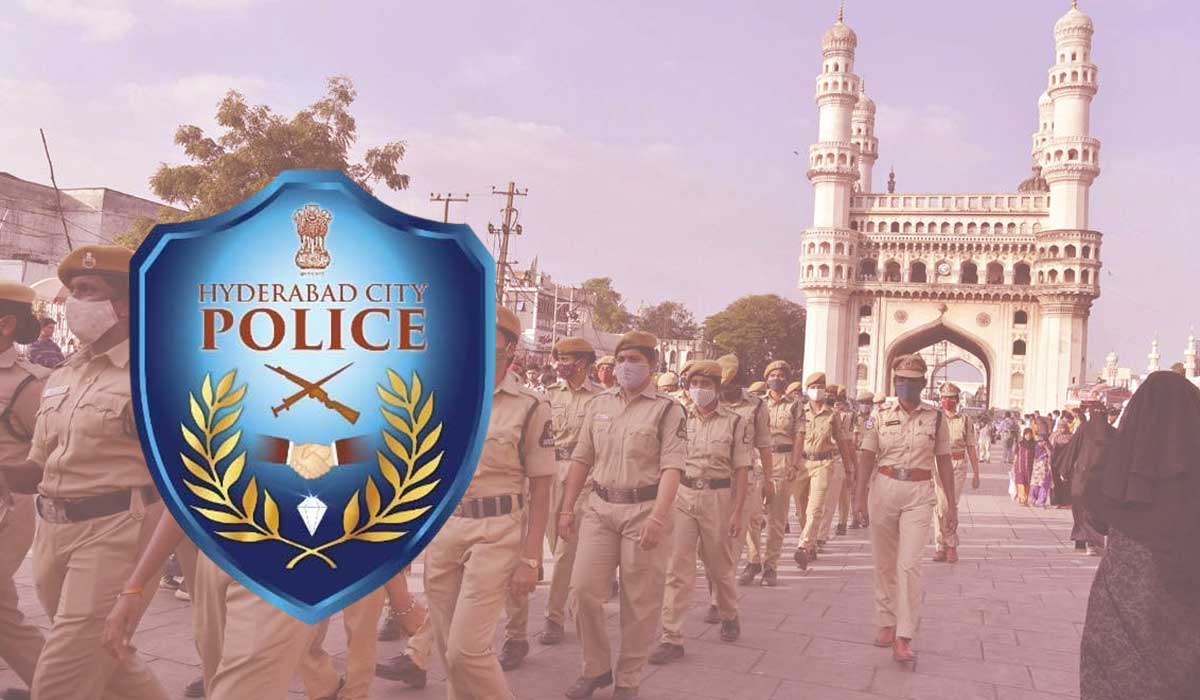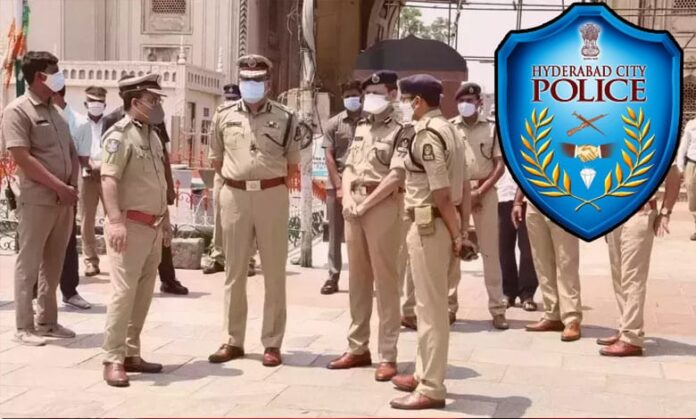In a decisive move aimed at ensuring public safety, the Hyderabad City Police Commissioner has issued a ban on gatherings of five or more individuals, processions, dharnas, rallies, and public meetings within the city limits of Hyderabad and Secunderabad. This restriction is effective from the evening of Sunday, October 27, 2024, and will remain in place until 6 pm on November 28, 2024.
Response to Intelligence Reports
The police implemented these restrictions following intelligence reports indicating the potential for disturbances, particularly during this festival season. By enforcing this ban, authorities aim to maintain peace and order in a city often marked by heightened tensions during significant public celebrations. The decision reflects a proactive approach to managing public safety, especially in light of recent incidents that have raised concerns over possible unrest.
According to police officials, the order was put into effect at 6 pm on October 27, and it prohibits not only large gatherings but also the display of images, placards, and flags, as well as the electronic sharing of messages that could incite public unrest. This comprehensive measure is intended to prevent any situation that may threaten public tranquility during a time when many people are likely to gather in celebration.

Limited Exemptions and Designated Areas During The Ban
While the ban restricts gatherings, the order allows for peaceful protests at a designated location: the Indira Park Dharna Chowk. However, gatherings or protests near sensitive areas, including the Secretariat, are strictly forbidden. Individuals or groups who violate this order may face prosecution under relevant laws, which could include fines or other legal repercussions.
Despite the restrictions, the order does include several exemptions. Funeral processions, groups or individuals specifically exempted by competent authorities, and military personnel on duty are permitted to operate without restriction. On-duty police officers, Home Guard personnel, Special Police Officers, and education department flying squads are also exempt from these prohibitions, ensuring that essential services and duties are not hindered by the ban.
Legal Framework and Future Implications
This order was issued under Section 163 of the Bharatiya Nagarik Suraksha Sanhita (BNSS) 2023. Under this section, District Magistrates and similar authorities have the power to issue written orders mandating individuals to cease specific actions or take steps regarding their property to prevent harm or disturbances to public safety. The authority to modify or cancel these orders resides with both the Magistrate and the State Government, providing a framework for oversight and appeal for affected individuals.
Previously, such restrictions were enforced under Section 144 of the Code of Criminal Procedure, which allowed authorities to prohibit gatherings in situations deemed as threats to public order. The transition to the BNSS 2023 reflects a broader legal and procedural shift aimed at enhancing the framework for maintaining public safety in the region.

Context and Potential Triggers for the Ban
The decision to impose this ban comes against a backdrop of escalating tensions in Hyderabad and surrounding areas. Recent events, including protests over various social issues, communal tensions, and rising crime rates, have contributed to an atmosphere of unease. Authorities are particularly concerned about the potential for clashes among different groups, especially during festive gatherings when crowds are larger and emotions may run high.
The festival season often witnesses increased public activity, which can exacerbate existing tensions. Past incidents have shown that even peaceful gatherings can sometimes spiral into unrest, leading to property damage and injury. By proactively imposing this ban, authorities hope to mitigate these risks and ensure that celebrations can proceed without incident.
Broader Implications of the Ban for Civil Liberties
While the ban aims to enhance public safety, it raises questions about civil liberties and the right to assemble. Critics of such orders often argue that they can stifle legitimate protests and curtail free speech. The balance between maintaining public order and protecting individual rights will be a point of contention as the ban remains in effect.
As Hyderabad approaches a critical period of public celebration, the implications of this order will likely resonate beyond the immediate future. How authorities manage these restrictions, along with public reactions, will play a significant role in shaping the narrative around civil rights and the state’s role in managing public discourse.
In conclusion, the Hyderabad City Police’s decision to ban large gatherings is a multifaceted response to recent intelligence reports and past events. As the city navigates this complex landscape, the interplay between public safety and civil liberties will be closely observed in the coming weeks.

